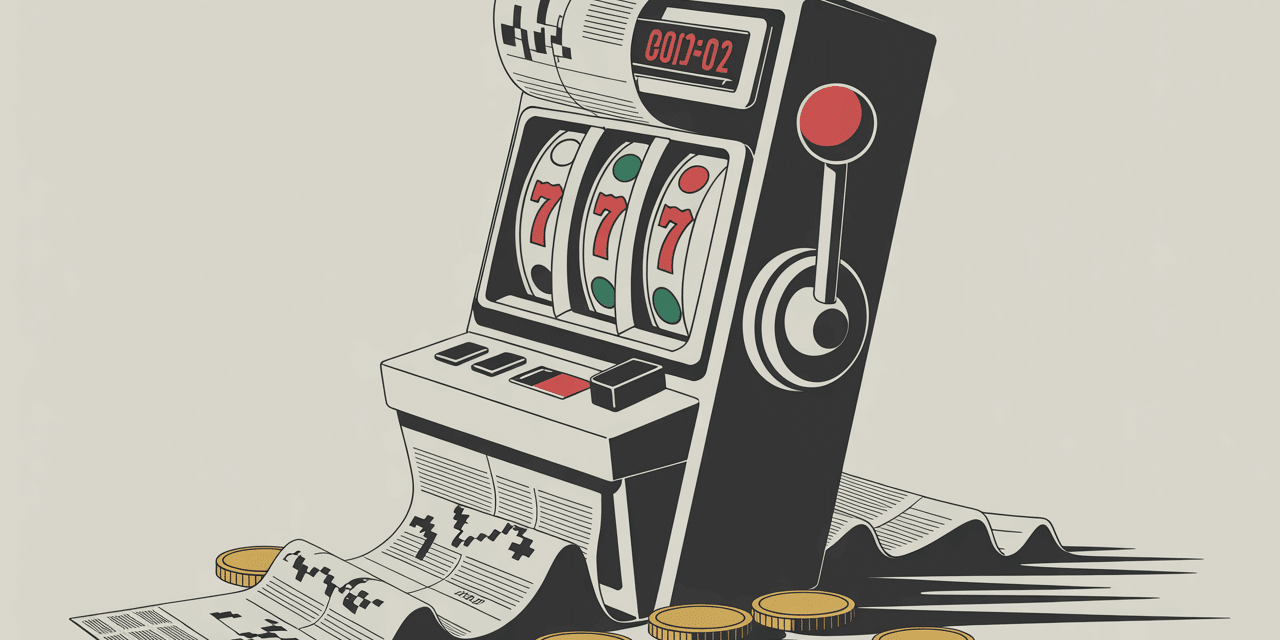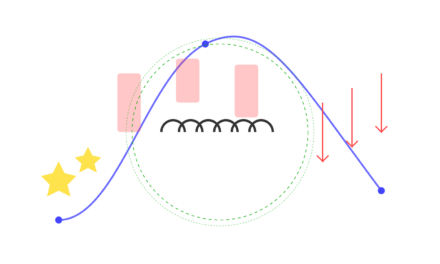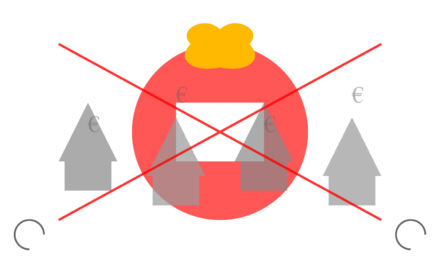In a market that thrives on calculated risks and the thrill of the bet, even the house can lose. FDJ United, the French gaming giant formerly known as Française des Jeux, just served up a reality check to investors: its shares cratered 2.7% to €26.92 midday Thursday, capping a brutal year-to-date slide of 28%. Why? The operator slashed its 2025 revenue forecast amid a toxic cocktail of skyrocketing taxes and regulatory chokeholds across Europe – the very forces eroding the foundations of the iGaming industry.
Q3 Revenue Tumbles: Online Betting and Gaming Bear the Brunt
FDJ United’s third-quarter performance read like a loser’s ledger. Revenue dipped 3% year-over-year at constant rates to €864 million, undershooting analyst consensus from Oddo BHF (€882 million) and JPMorgan’s more optimistic -2.2% projection.
The headline figure masked a 29% reported surge, but that’s smoke and mirrors – largely from restated bases and one-off boosts that couldn’t hide the underlying decay.The real carnage unfolded in FDJ United’s online betting and gaming arm, where sales nosedived 15.6% to €209 million. Blame a perfect storm: the lingering high-water mark from Euro 2024’s betting frenzy, a string of lopsided sports outcomes that left bookies nursing wounds, and – most damningly – fiscal hammers from across the continent.
In Q3 alone, additional gaming taxes shaved €21 million off the top line, with €18 million of that sting coming from France’s July 1 hikes.
It’s as if regulators mistook the iGaming sector for an endless ATM, ignoring how every percentage point in duties funnels players toward unregulated black markets.Stéphane Pallez, FDJ United’s unflappable Chairwoman and CEO, didn’t sugarcoat it: « The change in our revenue reflects the prolonged decrease in our online betting and gaming business in certain markets and the impact of higher taxation on gaming, particularly in France since July 1. »
Translation: We’re not just missing bets; we’re missing the plot on sustainable growth in a post-pandemic world where digital punters demand speed, choice, and – increasingly – tax-efficient alternatives.
2025 Outlook Downgraded: EBITDA Margin Holds, But Growth Stalls
Q4? Expect a slight dip from last year’s close, flat at constant taxes, with growth penciled in for 2026.This recalibration isn’t panic; it’s pragmatism in an industry where optimism is just another form of denial. Yet it begs the question: How long can FDJ United – or any European operator – sustain margins when core revenue streams are being regulated into oblivion? The company’s retail lottery and in-person betting segments provided some ballast, underscoring the irony: physical tickets are the new safe bet in a digital-first era.
Analyst Takes: From Neutral Caution to Opportunistic Buy
Wall Street’s crystal ball gazers split hairs as usual. Oddo BHF, ever the pessimist, trimmed its 2025 revenue and EBITDA forecasts by 2% and lopped its price target from €38 to €31, sticking with a « neutral » nod. Their verdict? The stock’s prolonged pummeling already bakes in the fiscal and regulatory bogeyman – no need to pile on.
JPMorgan, bless their contrarian souls, sees silver linings in the storm clouds. The U.S. bank flags the consensus downgrade as « relatively limited » and dubs this dip an « attractive entry point. » They held firm on « overweight » with a €43 target, betting FDJ United’s valuation – trading at a P/E of 16.09 and EV/EBITDA of 8.25 – screams undervalued amid the hysteria.
Sarcasm aside, they’re not wrong: In iGaming, corrections like this often precede rebounds, especially for operators with FDJ’s diversified war chest and a medium-term growth target in the high single digits
The Bigger Bet: Why Europe’s iGaming Model is Failing
Operators like FDJ United aren’t blameless; aggressive acquisition tactics fueled the boom, inviting backlash. But punishing the sector wholesale ignores the ecosystem: Jobs, tourism, and yes, even responsible gaming tools all wither under this regime. Solutions? Not Band-Aid caps on stakes, but holistic reforms – harmonized EU-wide rules, tech-driven age verification, and taxes that incentivize compliance over evasion. For now, FDJ United soldiers on, touting innovation with AI games and cost efficiencies to hit that €900 million EBITDA mark.
Investors, take note: This dip might be your ante in, but only if Europe stops rigging the game against its biggest players. In iGaming, as in life, the house always wins – unless the regulators burn it down first.
Disclaimer: This article and its accompanying images may have been enhanced using AI tools to ensure smoother content delivery and visual appeal.





